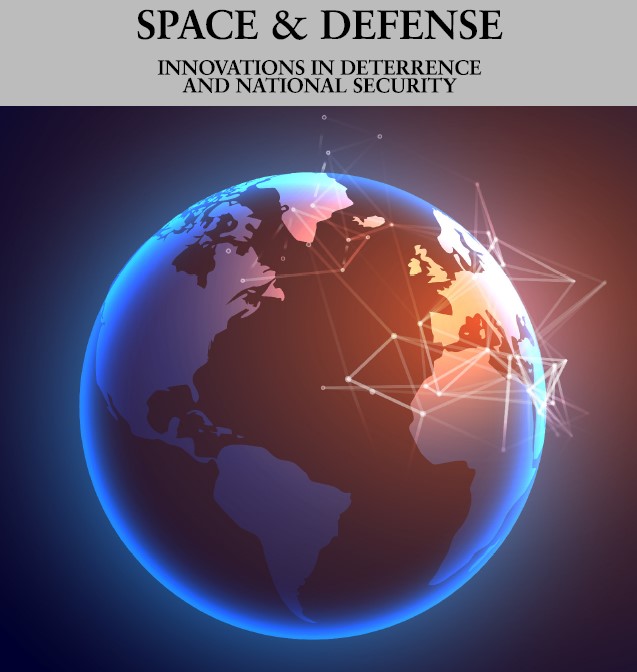Space and Defense

Abstract
Student Voices
Madman diplomacy fails to work as advertised. Internal contradiction of the strategy in it s ideal form reduce the chances it will succeed in future crises.
Effective deterrence requires an actor to pair powerful capabilities with a believable will to use them. The world of United States' dominance has relegated the question of will to the periphery. However, the U.S. is emerging from its hegemony with enough self-awareness to acknowledge the painful consequences of this relegation. Democratic restraint has historically played an important role in nuclear deterrence for obvious reasons, and the issue of will deficit is not new. The deterrent demand for credible will has encouraged some policymakers to consolidate their executive power toward the strategy of "madman diplomacy" as a possible solution. Intentionally or not, the Trump administration's international style resembles a return to this strategy as a response to the current U.S. crisis of will. Evidence of madman diplomacy's modern popularity is present on both sides of recent U.S.-North Korea standoffs as well as Russian threats of low-yield escalation. This paper will explore madman diplomacy from a theoretical standpoint to argue why all forms of this strategy are too dangerous to employ.
DOI
10.32873/uno.dc.sd.13.01.1064
Recommended Citation
Gilchrist, Henry
(2022)
"No Method to Madness: The Failures of Madman Diplomacy in All Its Forms,"
Space and Defense: Vol. 13:
No.
0, Article 7.
DOI: 10.32873/uno.dc.sd.13.01.1064
Available at:
https://digitalcommons.unomaha.edu/spaceanddefense/vol13/iss0/7
Included in
Asian Studies Commons, Aviation and Space Education Commons, Defense and Security Studies Commons, Eastern European Studies Commons, International Relations Commons, Leadership Studies Commons, Near and Middle Eastern Studies Commons, Nuclear Engineering Commons, Science and Technology Studies Commons, Space Vehicles Commons
